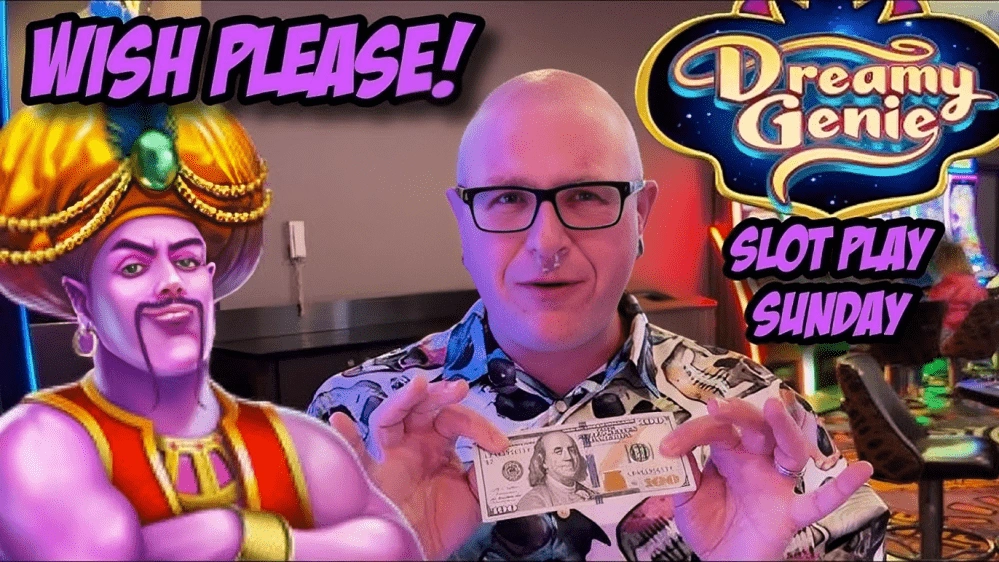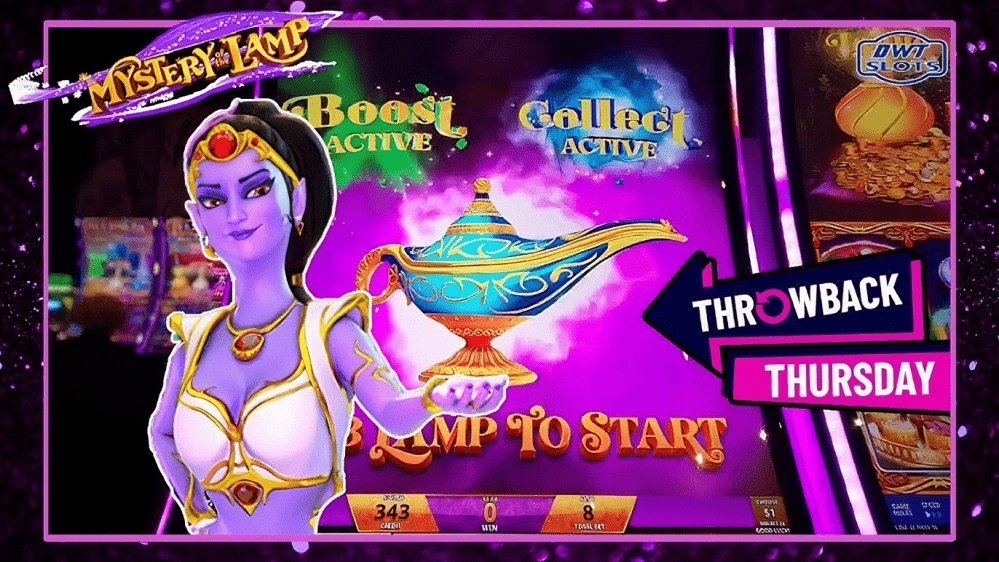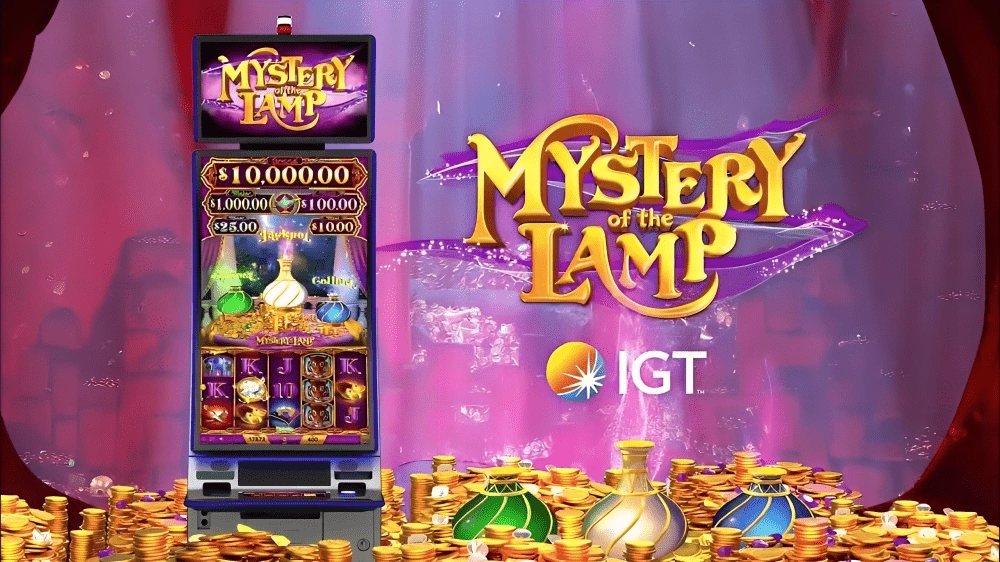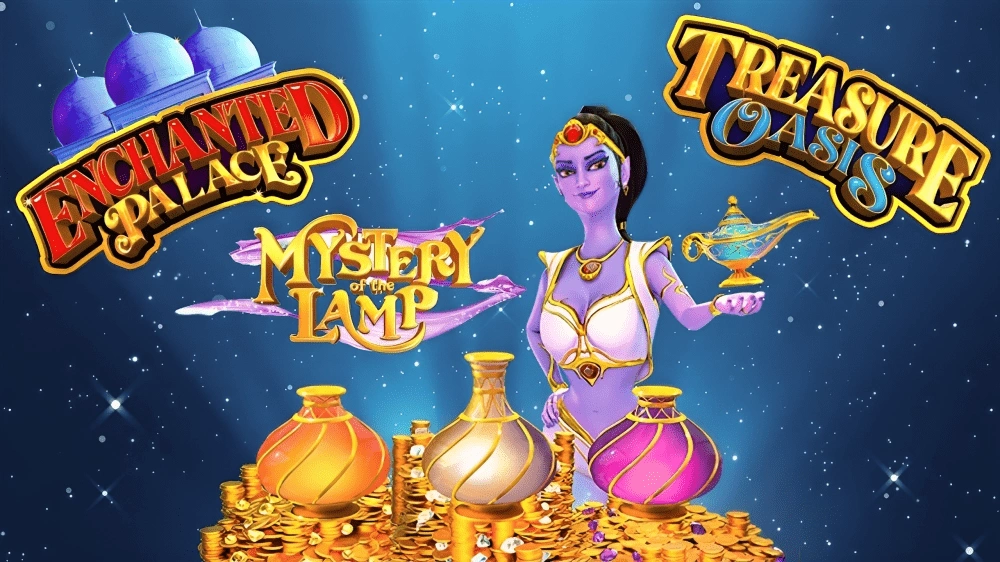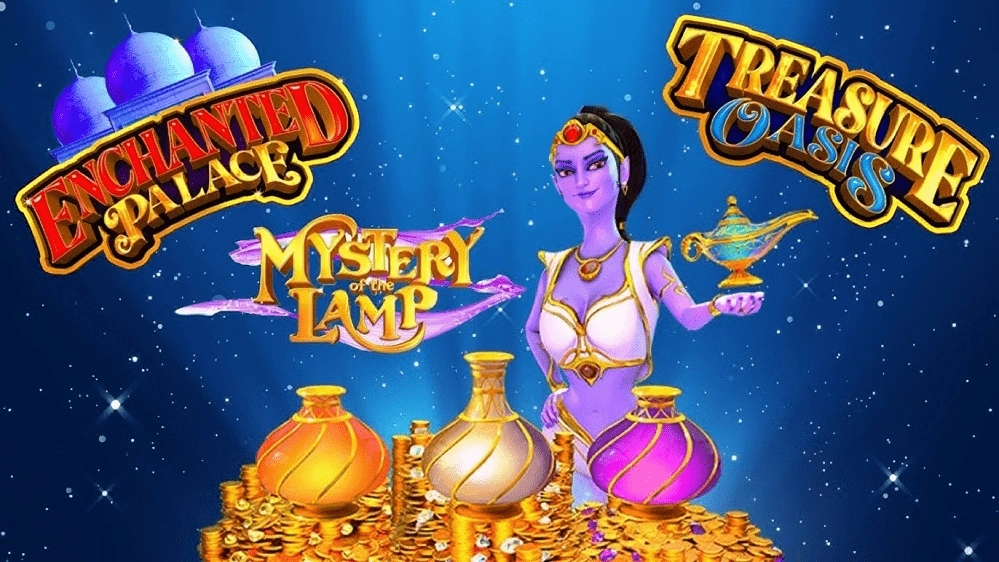PSP Games Delivering Portable Adventures With Exceptional Quality And Creativity
The PlayStation Portable transformed handheld gaming by offering console-quality experiences in a compact, SPY77 Slot portable system. PSP games combined detailed graphics, refined mechanics, and engaging narratives, allowing players to enjoy immersive gameplay anywhere. Titles such as Crisis Core: Final Fantasy VII expanded beloved franchises, while God of War: Chains of Olympus delivered cinematic-scale battles and fluid controls. PSP games demonstrated that portable gaming could offer the depth and quality of home consoles without compromise.
Innovation was a hallmark of the PSP’s library. Games like Patapon blended rhythm-based mechanics with strategy, producing an addictive and unique gameplay experience. Similarly, Persona 3 Portable offered social simulation and dungeon exploration tailored to handheld play. PSP games proved that portable platforms could host creative, engaging, and sophisticated gameplay, expanding the possibilities of on-the-go gaming beyond simple mini-games or casual titles.
Multiplayer features also strengthened the PSP’s appeal. Monster Hunter Freedom Unite encouraged cooperative hunting sessions, while Dissidia Final Fantasy delivered competitive action featuring beloved characters. Wireless connectivity enhanced social play, transforming the portable experience into a shared activity. PSP games combined creativity, collaboration, and accessibility, making the system a hub for innovative gameplay and engaging adventures, even away from home consoles.
Even years after the PSP’s peak, its games continue to be celebrated for ambition, depth, and creativity. Classics like Persona 3 Portable remain influential, inspiring new generations of mobile and handheld experiences. The PSP proved that portability need not limit innovation, delivering high-quality gameplay experiences comparable to home consoles. Its standout titles remain benchmarks for creativity, technical skill, and storytelling in portable gaming history, solidifying the PSP’s unique legacy in interactive entertainment.

